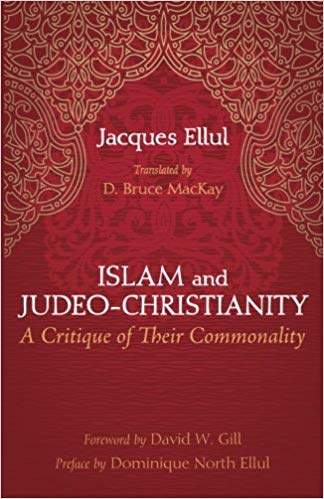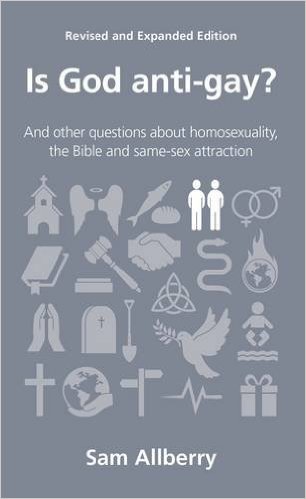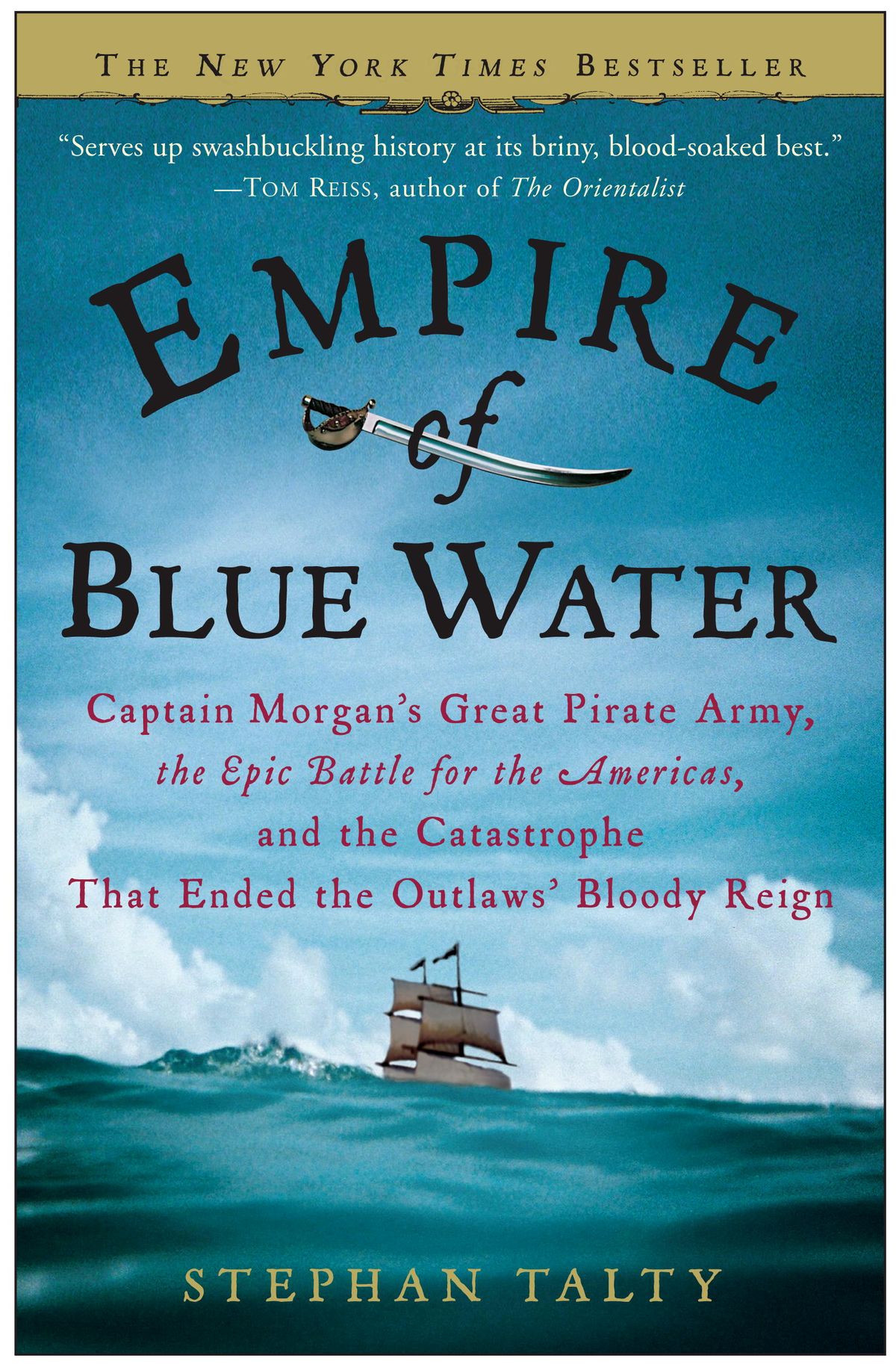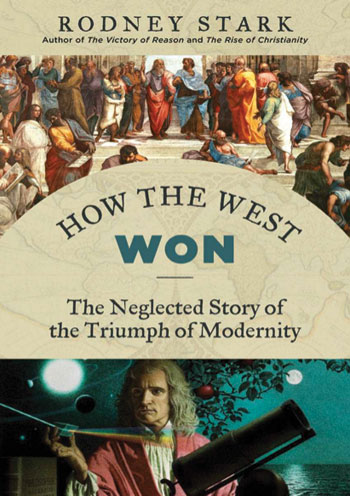
This was my first crack at Jaques Ellul. I’m guessing this isn’t his most exceptional work. Author Jean Claude Guillebaud refers to Ellul as “the Great Disturber,” and after reading this book, it’s not hard to see why. In short, Ellul is not a fan of Islam. He sees Islam as “a permanent military threat to the West.” He gives no quarter to anyone who might attempt to link Christianity to Islam or romanticise about any perceived virtue of this faith. For Ellul, the two religions have very little in common. One is good and (to put it mildly) the other is not.
Even David Gill who writes the forward braces the reader for impact by telling us that Ellul was dialectical in his thought and expression which means that truth is best discovered by highlighting extremes and accentuating contrasts. Dialectical is one way of putting it I guess. Gill recommends reading Volf’s book Allah, A Christian Response as a counterweight to Elulls hard-charging frontal assault on Islam because as he puts it “In the end, we must not just identify our differences, we must learn to live with them in peace.”
To start off, here are some of Ellul’s “dialectical” comments:
It is important to recognize that when Christians worship idols, are violent or anti-Semitic, they are at odds with their founding text. This is not the case with Islam.
Again we see the huge difference between the two books. In the Koran…love is irrelevant.
Some fervent supporters of Islam (in Europe) regret that the Arabs were finally defeated and repulsed (they were the civilized ones after all) These people have forgotten the horrors of Islam, the dreadful cruelty, the general use of torture, the slavery, and the absolute intolerance. It is enough to point out that wherever Islam gained a hold, strong and vital churches like those of North Africa and Asia Minor simply disappeared. And all native cultures that were different were exterminated.
I believe that in every respect the spirit of Islam is contrary to that of the revelation of God in Jesus Christ.
War is inherent in Islam. It is inscribed in its teaching. It is a fact of its civilization and also a religious fact; the two cannot be separated. No matter what atrocities have been committed in wars waged by so-called Christian nations, war has always been in essential contradiction to the gospel.
Christians did not invent the holy war or the slave trade. Their great fault was to imitate Islam. (Islam) Turned Christian ethics upside down in favour of what seemed to be very obviously a much more effective mode of action. For in the 12th century and later the Muslim world offered a dazzling example of civilization. The church forgot the authenticity of the revelation in Christ to launch out in pursuit of the same mirage.
There is so much talk nowadays of the tolerance and fundamental pacifism of Islam that it is necessary to recall its nature, which is fundamentally warlike…(we must do away with) the romanticized picture (of Islam). History is not an inoffensive discipline.
The world of Isalm is divided into two regions: the Dhar al-Islam and the Dhar al-Harb; in others words the domain of Islam and the domain of war. War is an institution (in Islam) Peace with this world of war is impossible.
Ellul has the moxie to state that everything terrible found in Christendom comes from the Muslims! I’m not kidding either, that is the primary thrust of this book. Personally, this assertion seems preposterous. Christians (or anyone for that matter) do not require outside influences to become utterly corrupted. We as humans are all remarkably efficient at cultivating our own depravity.
1) Christians are flabby! Says Ellul. “The intolerable meaningless of the West” has caused us to “no longer believe in anything.” Consequently, Islam becomes attractive precisely because of its uncompromising and unwavering beliefs and behaviours. People want order, and the freedom of the west leads to chaos. This soft belief of the West is a real danger to its survival.
When a church no longer knows what it believes, or why it believes it, it slides imperceptibly towards Islam. Overwhelmingly and in a short time this happened to the Monophysites of Egypt, the Syrians Nestorians, the Donatists of North Africa, and the Arians of Spain.
I think there are other better explanations for these versions of Christianity being swallowed up by Islam, then the uncertainty of belief, but the point is well taken.
2) Love vs Submission Elull’s understanding of Christianity is that it is fundamentally about love. Love can only exist in the fresh air of freedom. Islam, according to Elull knows nothing of either love or freedom. Faith in this closed system is about submission to the will of Allah. Everything is predetermined, and so one’s duty is to accept and obey. There is no room left over for a relationship with God, for struggle, mystery or even hope as there is in Christianity.
3) The Bible and Koran are nothing alike. “The Bible is about a promise and openness to freedom; the Koran is about constraint and absolute certainty” The Koran is understood as a perfectly dictated message from heaven. The Bible according to Elull comes to us when: “God speaks to a person who receives this message, who understands it more or less, who interprets it, and who writes it down.” The Bible is a paradox, a mystery and a contradiction. It looks a lot like life. The God found in its pages seeks restoration, love and relationship. The incarnation which is the center point of Scripture makes it impossible for God to be understood fundamentally as the impassive, sovereign judge that the Koran makes him out to be.
Is a book like this helpful? Yes and no. Yes because it’s important not to forget history. A straight retelling of Islamic history is so bad that most people would want to write off the telling of it as Anti Muslim propaganda. We shouldn’t do that; we need to be aware. We are sensitive enough to remove a statue of John A. MacDonald from the B.C. Legislature because he said some bad things about first nations people, but when it comes to criticising Islam, we seem to be more hesitant, more generous to give them the benefit of the doubt. This was a frustration of Ellul. In 1983 he lamented that “In France, it is not acceptable to criticize Islam or the Arab countries.” He did anyway, and as of 2018, I would say this unwritten rule of politeness towards Islam has changed. Many parts of Europe now are banning burquas, outlawing immigration from Muslim countries and putting Imans behind bars. Why? Are people coming to see what Ellul was saying all along? He does have that prophetic quality about him.
And No, because Ellul’s language is not gracious and his work is incomplete in my estimation. He doesn’t have the whole picture, granted none of us do, but he is not even trying! Many of his categorical statements are without appropriate levels of scholarship, which is a mistake given the sensitivity of the topic. What we have here is an inflammatory document full of partial truths written by a highly respected person. It is precisely this kind of stuff that could be taken by lesser men and used to promote hate. I would be surprised if it hasn’t already been pressed into service somewhere. What the world doesn’t need more of is hate.
Is Ellul optimistic that peaceful co-existence between Muslims and non-Muslims is possible?
Only if Muslim people embrace a total recasting of the way they think, a desacralizing of jihad, a self-critical awareness of Islamic imperialism, an acceptance of the secular nature of political powers and the rejection of certain Koranic dogmas.
In others words, not really.



